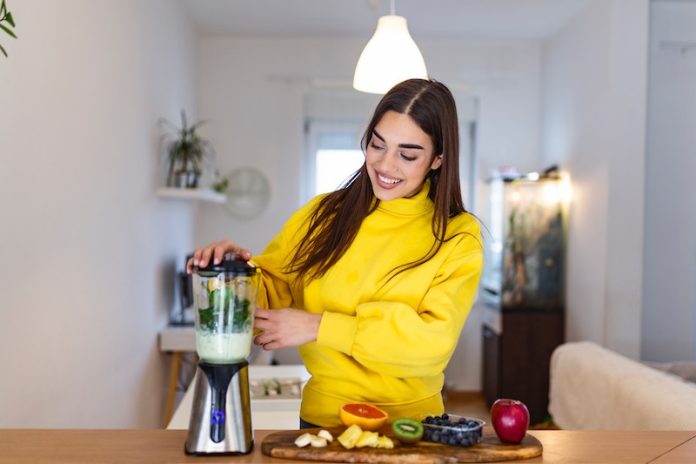
The Blend Matters
You might think that all smoothies are created equal, especially if they’re packed with fruits. However, researchers from the University of California, Davis, are challenging that idea.
They found that the types of fruits you blend in a smoothie can have a profound impact on how much nutritional benefit you get, particularly in terms of flavanols.
What Are Flavanols?
Flavanols are bioactive compounds known for their positive effects on heart and cognitive health. These compounds are abundant in fruits like apples, pears, blueberries, blackberries, and grapes—popular choices for smoothies.
The recommended daily intake for cardiometabolic health is between 400 to 600 milligrams, according to the Academy of Nutrition and Dietetics.
The Role of Polyphenol Oxidase (PPO)
The key to this study was polyphenol oxidase or PPO, an enzyme found naturally in many fruits and vegetables. PPO is what makes an apple or banana turn brown when exposed to air.
Javier Ottaviani, the study’s lead author, and his team wanted to understand how PPO activity in different fruits would affect the availability of flavanols after ingestion.
The Smoothie Experiment
Participants were given smoothies made from either bananas, which have high PPO activity, or mixed berries, which have low PPO activity.
Blood and urine samples showed that the banana smoothies led to 84% lower levels of flavanols in the body compared to a control group.
“We were really surprised to see how quickly adding a single banana decreased the level of flavanols,” Ottaviani said.
What Does This Mean for Your Smoothies?
If you are aiming to increase your intake of flavanols, the study suggests avoiding fruits with high PPO activity, like bananas, when blending with flavanol-rich fruits like berries.
Instead, you can opt for fruits with low PPO activity such as pineapple, oranges, or mango, or even add yogurt.
Not Just About Smoothies
The research opens doors for more studies on how food preparation affects the availability of bioactive compounds.
For example, tea is another significant source of flavanols, and the preparation method can affect how much of these compounds are available for absorption.
Final Thoughts
While bananas are nutritious and great for consumption, their high PPO activity can interfere with the absorption of flavanols when combined with certain fruits.
The next time you’re blending a smoothie, considering the PPO activity in your choice of fruits could help you get the most out of your healthy drink.
If you care about nutrition, please read studies about a breakfast linked to better blood vessel health, and drinking too much coffee could harm people with high blood pressure.
For more information about health, please see recent studies about unhealthy habits that may increase high blood pressure risk, and results showing plant-based protein foods may help reverse diabetes.
The study was published in Food & Function.
Follow us on Twitter for more articles about this topic.
Copyright © 2023 Knowridge Science Report. All rights reserved.



